- Understanding Gum Sensitivity
- Common Causes of Gum Sensitivity
- How to Treat Gum Sensitivity
- Preventing Gum Sensitivity in the Future
- When to See a Dentist
Understanding Gum Sensitivity
Gum sensitivity from tooth brushing is a common issue that many people face. It can cause discomfort and make the act of brushing teeth feel painful, leading to avoidance of proper oral care. When your gums are sensitive, they may bleed easily or feel tender to the touch, especially after brushing or flossing. It's essential to address this issue promptly to maintain good oral hygiene and overall gum health.
Common Causes of Gum Sensitivity
There are several reasons why gum sensitivity may occur during or after tooth brushing. These include:
- Brushing Too Hard: Using excessive force while brushing can irritate the gums, causing them to become inflamed and sensitive. Over time, this can lead to receding gums.
- Incorrect Toothbrush: Hard-bristled toothbrushes can cause gum damage, while soft-bristled brushes are gentler and more effective in maintaining gum health.
- Gum Disease: Conditions like gingivitis or periodontitis can lead to gum sensitivity as the infection weakens the gum tissue.
- Tooth Sensitivity: Sensitivity in the teeth can sometimes cause discomfort in the gums, particularly if the tooth roots are exposed due to gum recession.
How to Treat Gum Sensitivity
There are several ways to treat gum sensitivity and ensure your gums stay healthy and pain-free:
- Switch to a Soft-Bristled Toothbrush: Using a toothbrush with soft bristles can reduce irritation and prevent further gum damage. Gentle brushing helps maintain gum health.
- Use a Desensitizing Toothpaste: Toothpastes designed for sensitive teeth can help alleviate discomfort by reducing sensitivity over time.
- Brush Gently: Avoid brushing your teeth with excessive force. Instead, use light, circular motions to clean your teeth without damaging your gums.
- Use a Mouthwash with Anti-inflammatory Ingredients: Mouthwashes that contain ingredients like aloe vera or chamomile can reduce gum inflammation and soothe sensitive gums.
Preventing Gum Sensitivity in the Future
Once you've treated your gum sensitivity, it's important to take steps to prevent it from recurring. Here are some tips:
- Maintain Good Oral Hygiene: Brushing twice a day with a soft-bristled toothbrush and flossing regularly can help prevent gum irritation and maintain healthy gums.
- Regular Dental Checkups: Visiting your dentist for routine cleanings and exams ensures that any gum issues are identified early and treated appropriately.
- Avoid Tobacco Products: Smoking and chewing tobacco can irritate your gums, leading to increased sensitivity. Quitting smoking can have immediate benefits for your gum health.
- Stay Hydrated: Drinking plenty of water helps keep your mouth moist and aids in rinsing away food particles and bacteria that can lead to gum irritation.
When to See a Dentist
If your gum sensitivity persists despite home treatment or if you notice other symptoms such as severe pain, bleeding, or swelling, it’s important to see a dentist. They can diagnose the underlying cause of your sensitivity and recommend the most appropriate treatment options.

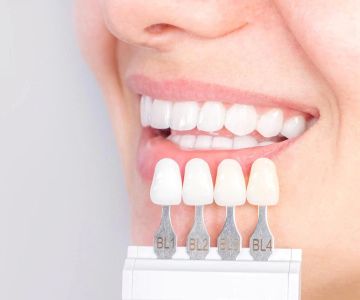

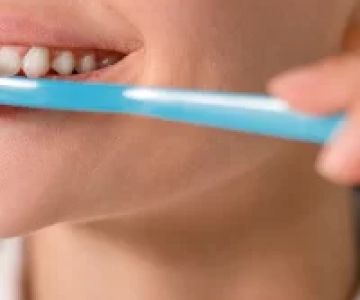
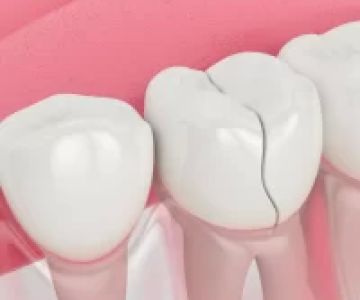
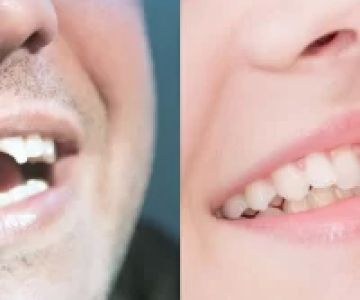
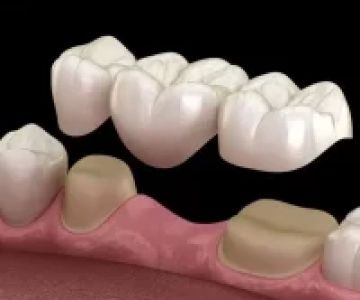
 Westgate Dental Arts
Westgate Dental Arts Coventry Family Dental
Coventry Family Dental Familia Dental
Familia Dental Dr. Daniel S. Fife, DDS
Dr. Daniel S. Fife, DDS Dentistry At Suburban Square: Michael I. Wollock, DMD
Dentistry At Suburban Square: Michael I. Wollock, DMD Comfort Care Dental
Comfort Care Dental The Importance of Oral Health Education During Pregnancy for a Healthy Pregnancy
The Importance of Oral Health Education During Pregnancy for a Healthy Pregnancy Why Skipping Dental Checkups Can Lead to Bigger Oral Health Problems
Why Skipping Dental Checkups Can Lead to Bigger Oral Health Problems Advantages of Porcelain Dental Restorations
Advantages of Porcelain Dental Restorations Best Tips for Brushing Your Teeth Properly for Healthy Gums: Essential Techniques for Oral Health
Best Tips for Brushing Your Teeth Properly for Healthy Gums: Essential Techniques for Oral Health How Can Diabetes Cause Tooth and Gum Problems? Preventing and Managing Oral Health Issues
How Can Diabetes Cause Tooth and Gum Problems? Preventing and Managing Oral Health Issues Healthy Habits for Promoting Good Oral Health and Hygiene: Tips for a Healthy Smile
Healthy Habits for Promoting Good Oral Health and Hygiene: Tips for a Healthy Smile